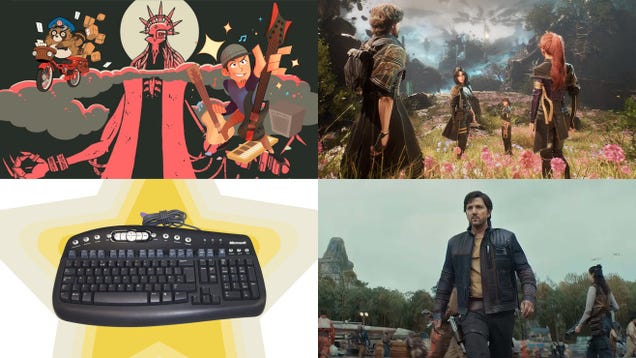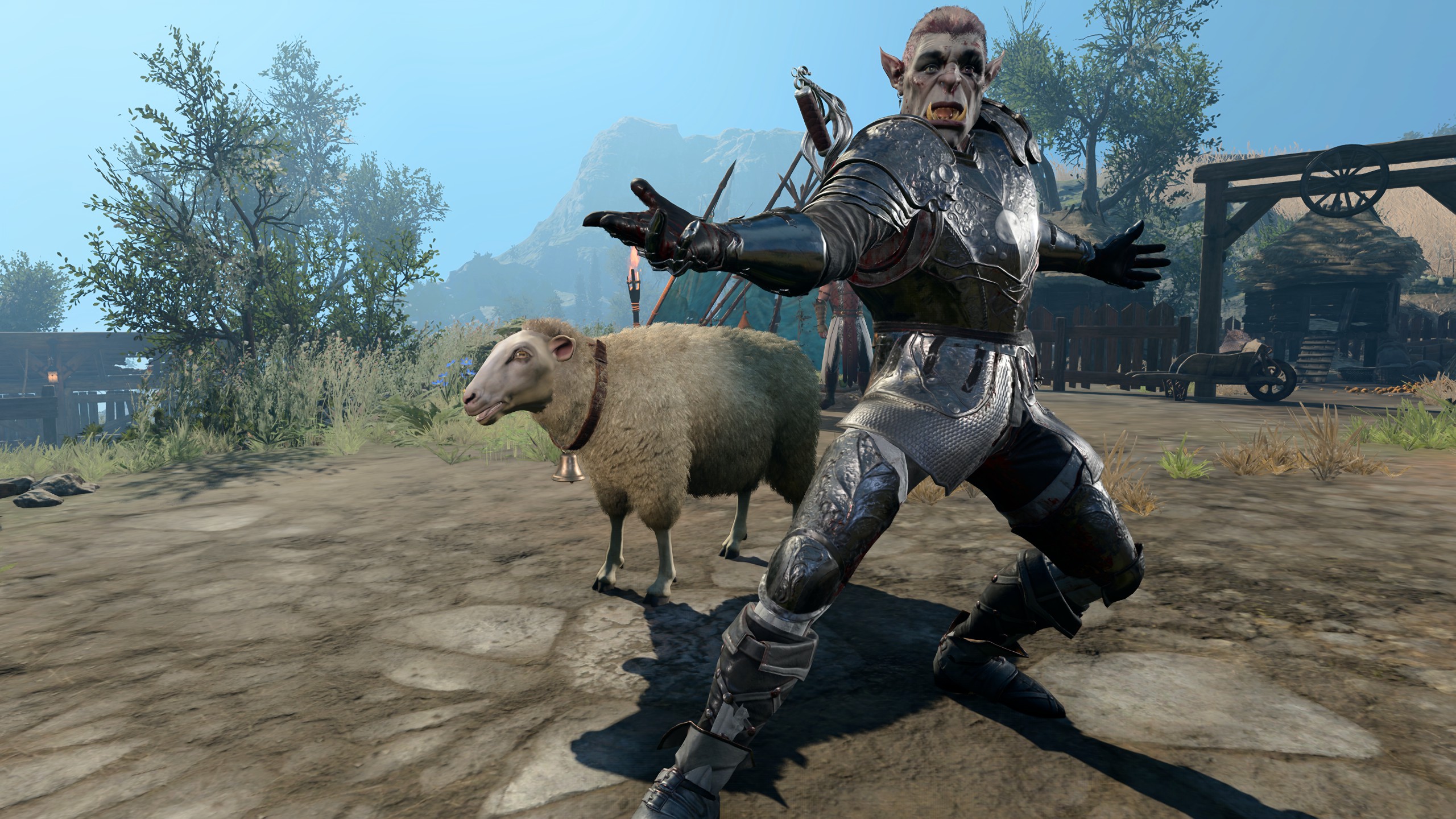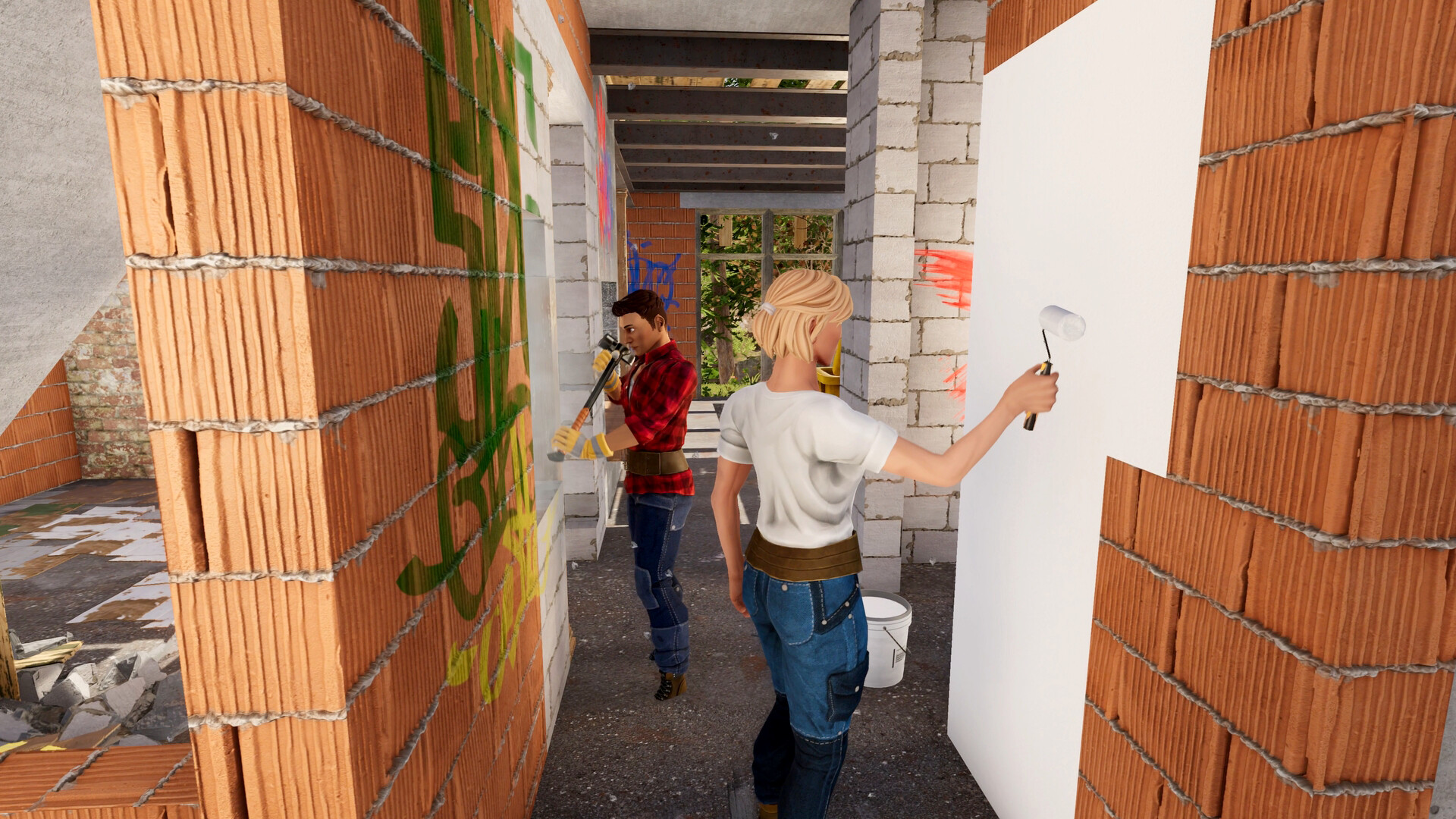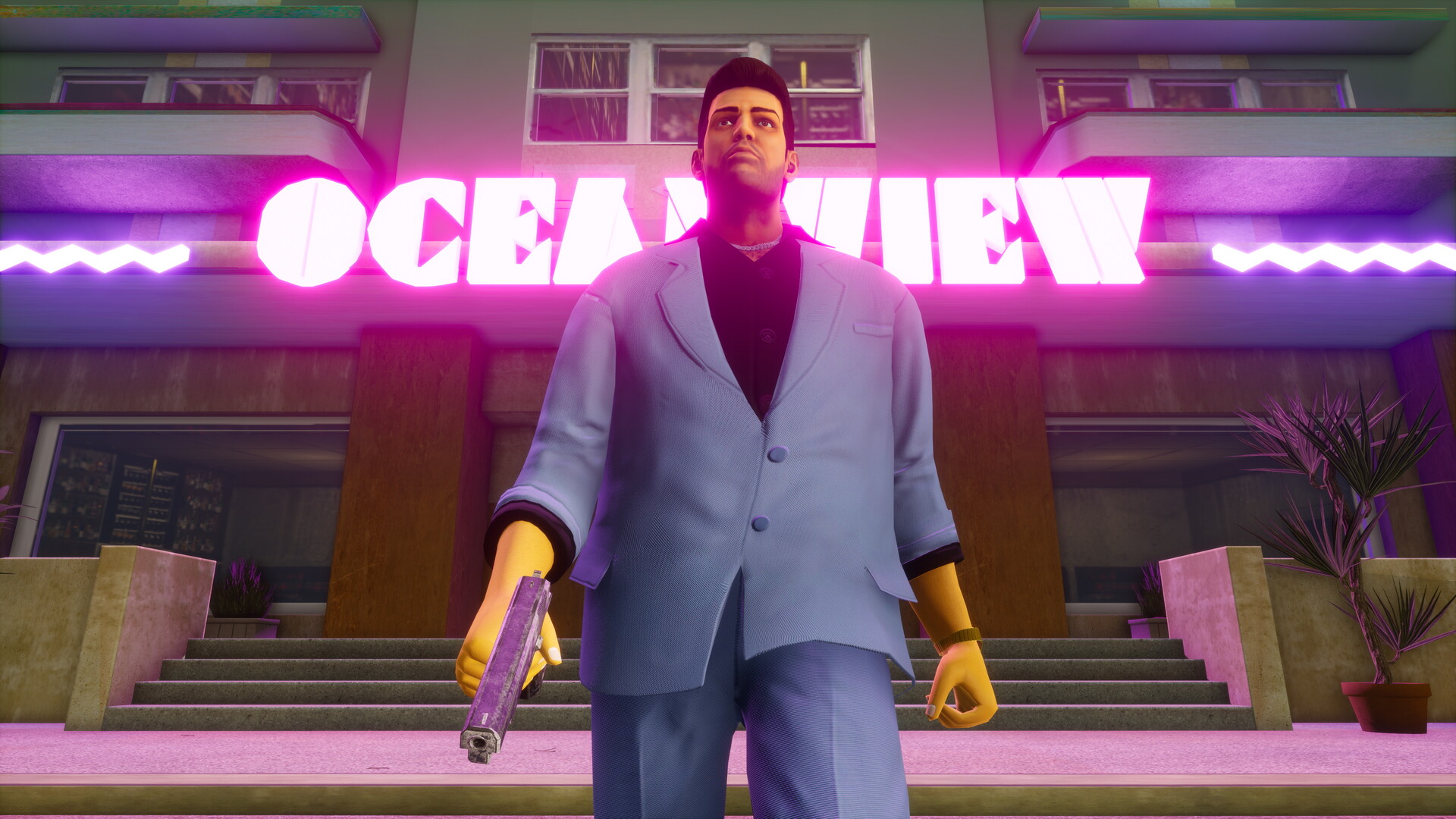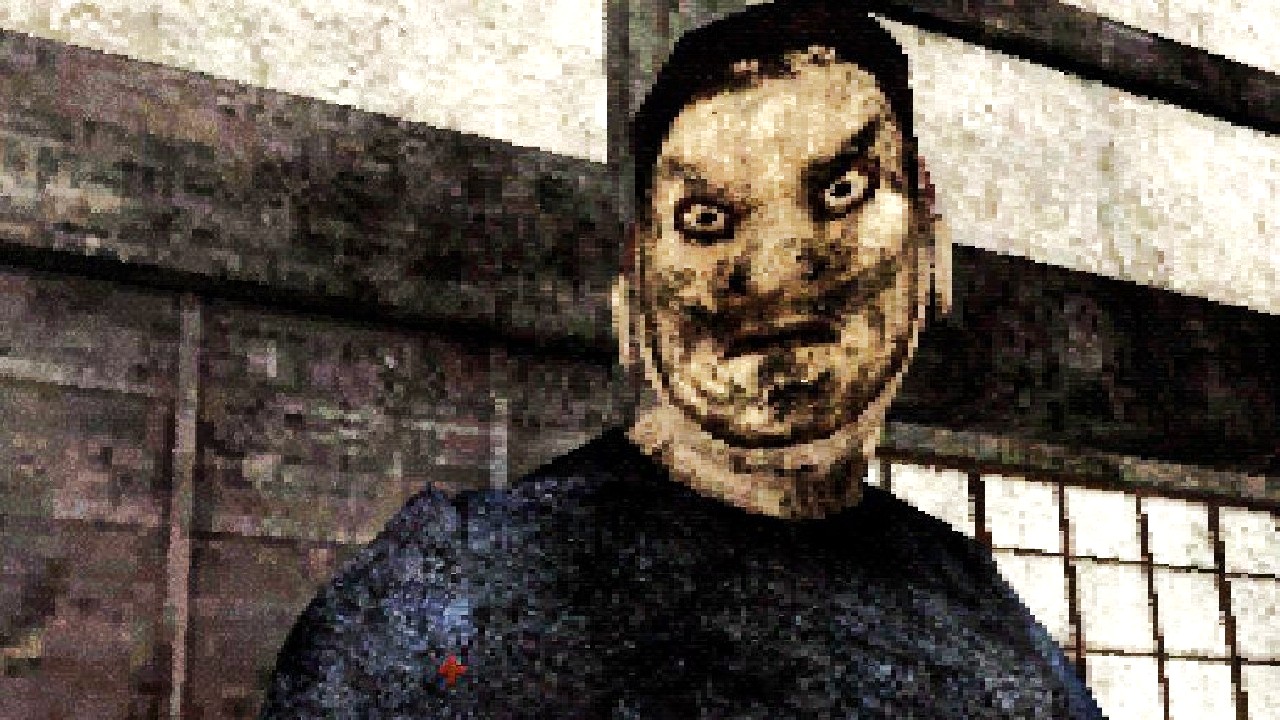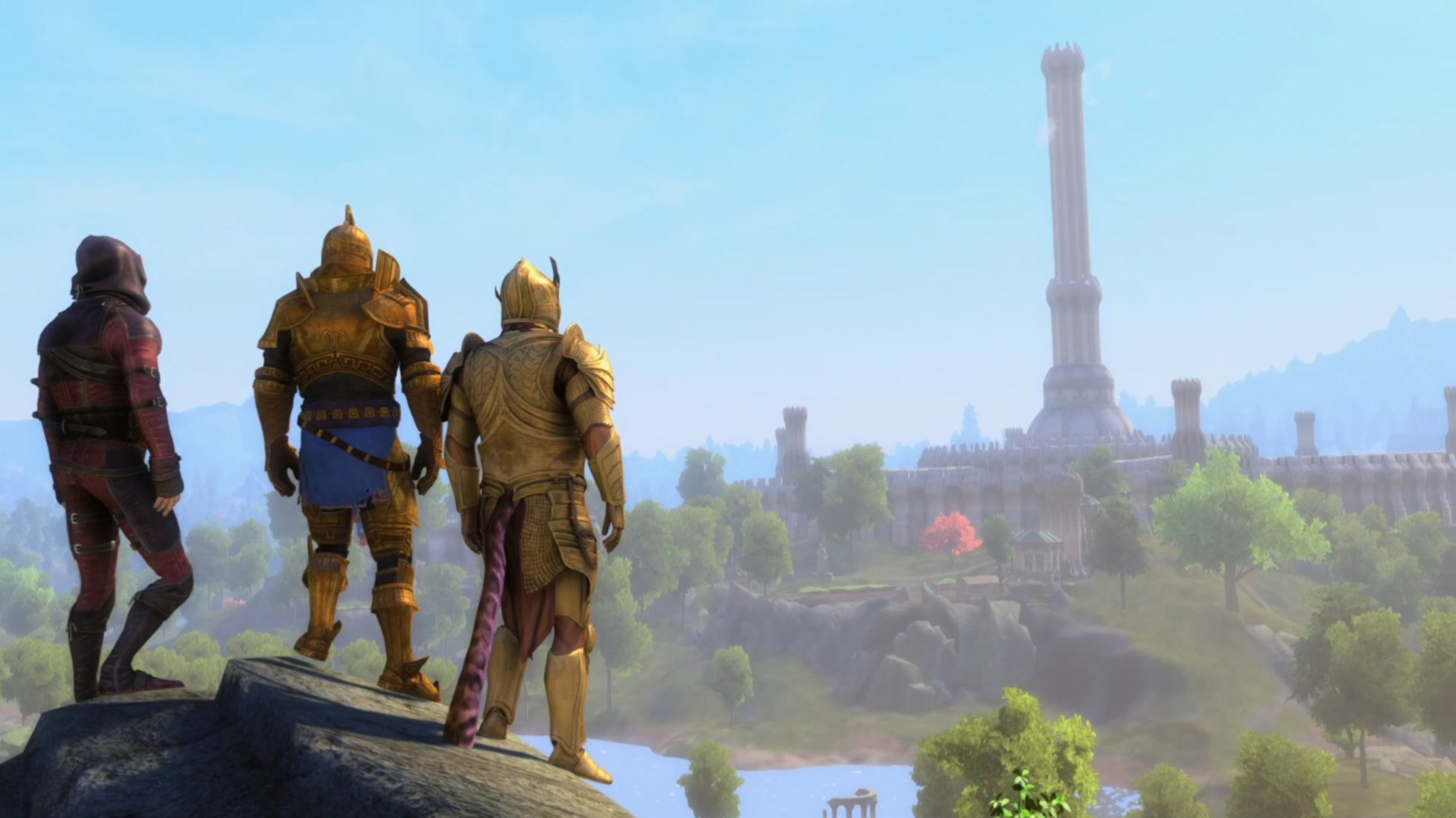
Borderlands Review
There’s no such thing as a video game adaptation curse, but there are awful video game adaptations. Take Borderlands, for example. Eli Roth’s hideous-as-sin recreation of Gearbox Software’s beloved looter-shooter franchise belongs on the scrap heap. I’d call it “Cosplay: The Movie,” except that’d insult the professional cosplayers who’ve miraculously transformed into Mad Moxxi, Tiny Tina, and other Vault Hunters with award-winning results. Roth’s inexcusably dull, one-dimensional chore of a movie captures none of the creative chaos, exploration, or action-packed hilarity of the games that inspired it.
The film operates like Borderlands 101, focusing on Cate Blanchett’s grumbly bounty hunter Lilith. Roth and co-writer Joe Crombie – replacing original co-writer Craig Mazin, whose name mysteriously vanished from the project in 2023 – interpret Gearbox’s interplanetary world-building in disappointingly linear fashion. All the excitement of traversing Pandora’s Skag-ridden territories and Psycho outposts is jettisoned, as Roth boxes his characters into a single mission: Lilith is hired by business titan and arms manufacturer Atlas (Edgar Ramírez) to find his daughter on Pandora – and that daughter ends up being the dainty demolitionist “Tiny” Tina (Ariana Greenblatt). But, in true Borderlands fashion, Lilith’s objective isn’t just about rescuing Tina from former mercenary Roland (Kevin Hart) and Psycho Krieg (Florian Munteanu). There’s also an ancient Eridian vault, and Tina might be one of three required keys to opening it.
Roth’s movie blends together plot points that span the Borderlands timeline, but the experience is regrettably simplistic. It’s only a matter of time before Lilith, Tina, Roland, Krieg, and everyone’s favorite mouthy robot, Claptrap (Jack Black), form a vault-hunting squad. Between the adversarial Crimson Lance soldiers led by Commander Knoxx (Janina Gavankar) and massive Threshers that could swallow a hunter whole, their mission seems daunting. But any challenge they face breezes by with deflated stakes. Lilith lucks into a crucial artifact by opening a single drawer, or Roland avoids what should be certain Psycho-inflicted death off camera, neutering any sense of peril. It’s like watching gameplay on God Mode with infinite lives, except these characters don’t even take damage – so what’s the point?
Roth’s interpretation is like a preschooler’s Guardians of the Galaxy coloring book.
The internet is full of Borderlands fan fiction that’s more inspired than Roth’s vanilla nostalgia fest. He directs action sequences like he’s posing action figures, instructing Blanchett to posture, hips-cocked, as if Lilith were Dystopian Marauder Barbie. The characters’ costumes are always pristine despite enduring battlefield wear and tear, explained away by a silly “electric shower” gadget that eliminates stains. The question “Wouldn’t it be cool if?” seems to be the most thought anyone put into Borderlands, and the answer is frequently “No.” Roth’s production doesn’t genuinely invest in the universe Gearbox has built, so why should we care about this emaciated excuse for a sci-fi adventure? Sure you’ll ride Marcus’ (Benjamin Byron Davis ) bus, spot Dahl ECHO HUDs, and gander at Pandoran locales like the acidic Caustic Caverns. But it’s all spoonfed, familiar, and as filling as a single rice cake.
Visually, Borderlands is one of the ugliest studio releases you’ll see this year. Even in IMAX, Pandora’s dusty digital backdrops resemble pixelated vomit. There’s an early scene where bunny-eared Tina tosses explosive stuffed animals at Lilith from above, and the green-screening of Greenblatt atop her junkyard perch doesn’t even attempt to believably plug Tina into place. Later, when Atlas confronts our unlikely heroes, it’s like Roth shot them against an LED wall showing a low-res YouTube feed. The games’ cel-shaded, pleasingly pop-arty aesthetic is one of their most attractive features, so why would you drown the movie’s opening sequence in dimly lit murk? At least the wardrobe department nailed the ensembles’ outfits, which burst with signature colors – but even those look like trash against the washed-out, eyesore landscapes inserted during post-production.
Outside of Greenblatt – playing an explosives addict clearly modeled after Harley Quinn – no one on screen appears to be enjoying themselves. Especially Blanchett: She’s the correct choice for Lilith, but plays the gunslinging mercenary with eye-rolling ambivalence that translates into a dry, disinterested performance. Kevin Hart plays Kevin Hart in a beret, portions of Florian Munteanu’s nonsense dialogue are inaudible, and Roth can’t even coax a consistently funny Claptrap out of Jack Black. Gina Gershon’s Mad Moxxi lacks seductive burlesque charm, while Jamie Lee Curtis’ neurotic Dr. Patricia Tannis exists merely to rattle off exposition. The complaint here isn’t one of Hollywood stars failing to properly emulate their in-game counterparts – it’s more that Roth wastes their talents, treating a cast of heavy hitters like personality-free eye candy for the fandom.
In all honesty, Borderlands feels incomplete. Roth’s storytelling rushes forward with a conspicuous briskness, as if crucial building blocks were missing from the plot. (Maybe those two weeks of reshoots under fill-in director Tim Miller shaved Roth’s vision down to what we see here?) Why else would Krom (Olivier Richters) deserve a portrait in the end credits when he’s barely a last-minute cameo in the movie? Something’s not adding up. Gearbox’s games are dense, expansive, and brimming with the freedom to get buck wild, whereas Roth’s interpretation is like a preschooler’s Guardians of the Galaxy coloring book.



